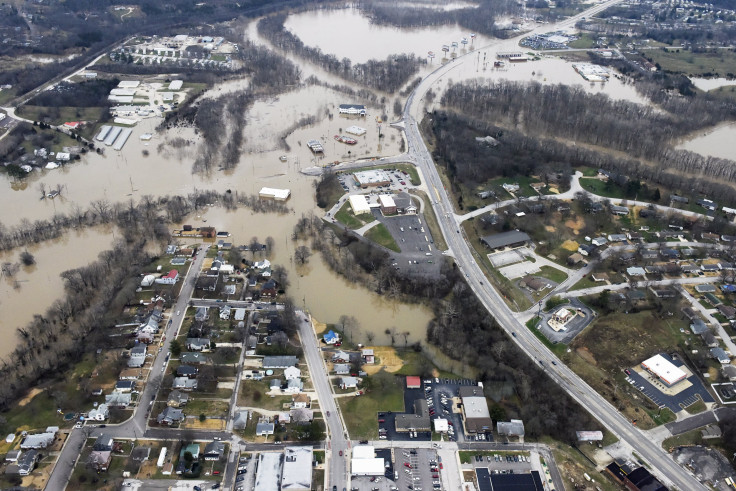Global Warming Rise Of Half Degree Could Flood 5 Million People

Scientists warn if global warming levels rise by even half a degree, it could lead to over five million people being potentially flooded out of their homes within the next century.
The 2015 Paris Climate Accord sought to stabilize the rising temperatures around the world by restricting global warming levels to “well below 2 degrees Celsius above pre-industrial levels and to pursue efforts to limit the temperature increase even further to 1.5 degrees Celsius.”
However, a recent study by researchers at Princeton University indicates even this 2 degree mark is “inadequate” and the limit should be set to no more than 1.5 degrees. According to researchers, by 2150, this seemingly small difference between 1.5 to 2.0 degrees C is expected to result in submerging vast stretches of land, currently home to over 5 million people, including 60,000 residents of small island nations.
The common consensus among scientists studying climate change is that the current culprit for global warming is the greenhouse effect. This is when heat radiated from the Earth is trapped by the atmosphere and unable to escape into space. According to NASA, human activities such as deforestation and the burning of fossil fuels like coal and oil has altered the natural greenhouse. Although the consequences of such a change is hard to predict, scientists believe this could lead to warming temperatures, the rapid melting of sea ice and more.
According to the new study, rising sea-levels, which are directly connected to higher surface temperatures, would also likely result in increasing the frequency of the extreme events. For instance, scientists suggested events such as “100-year floods” would occur annually under a 1.5 degree rise and twice a year under a 2.0 degree rise in global warming levels, Phys.org reported.
The researchers also predicted by the end of the century, rapidly rising sea-levels would cause coastal flooding — the most expensive impacts of climate change is some regions. Alarmingly, sea-level rise is expected to continue escalating for centuries to come, even in the event humans are successful in stabilizing global temperatures.
According to the new study, by 2100, a 1.5 degree increase in temperature will result in increasing the global sea-level by 19 inches, while a 2.0 degree rise in temperature would drive up sea-levels by 22 inches.
The findings of the new study have been published in the Environmental Research Letters.
© Copyright IBTimes 2025. All rights reserved.





















